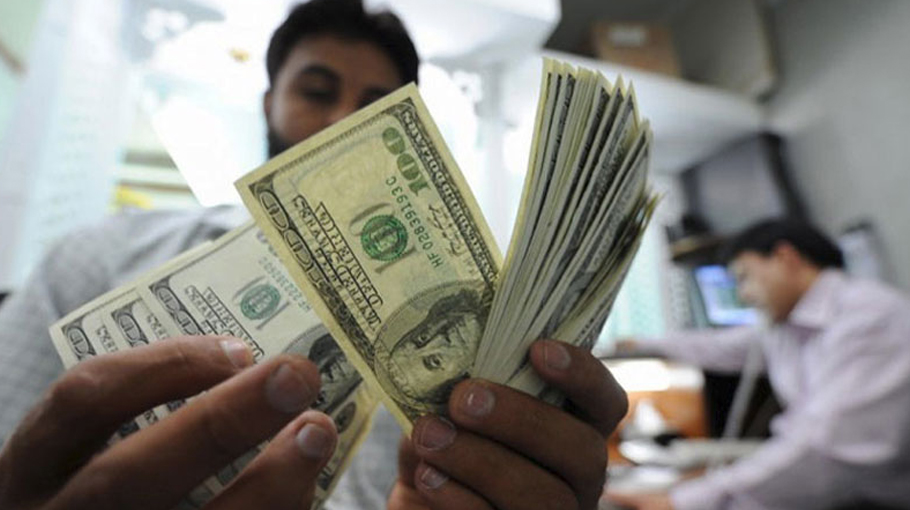Remittances continue to fall

The country’s remittance inflow has continued a falling trend in the last several months, putting pressure on the foreign exchange reserves.
The remittance inflow stood at $702 million in the first 11 days in November against $800 million in the same period of the previous year.
Remittance inflow also dropped by 19.44 percent to stand at $5.41 billion during July-September period of the current fiscal year 2021-22.
In the same time in the previous fiscal year, expatriates sent home $6.71 billion.
Expatriates sent home $1.81 billion in August this year. Remittance has reduced by $ 61.38 million or 3.28 percent from $1.87 billion in July this year. In September 2021, remittance was $1.72 billion.
Read more: Expats urged to invest in Bangladesh agriculturalre
However, the reduction in remittances has also affected the country’s foreign exchange reserves.
Bangladesh's foreign exchange reserves have come down below $45 billion.
After paying the Asian Clearing Union (ACU) import bill of $1.13 billion on November 4, the reserves fell to $44.60 billion, the lowest in seven months.
In the last few days, it has risen to $45.1 billion dollars at the end of Monday.
Experts said remittance witnessed a negative growth due to the global pandemic.
They said that the coronavirus had taken a terrible shape in the last fiscal year, at that time everything had come to a standstill.
After that, many companies and industries had closed down, he said, adding that in this, the companies cut off all the debts of their employees.
Many expatriates returned home with more money which resulted in the flow of remittance increasing during the corona pandemic, experts said adding that, now many of them returned abroad for work, they mentioned.
Since everything is slowly becoming normal, the expatriate income will increase again in the near future, they said.
In the just concluded fiscal year (2020-21), the remittance inflow hit an all-time high to cross $20 billion for the first time.
Experts said the expatriates have recently sent more money to meet their families’ expenses including the higher treatment cost of coronavirus infection which has pushed remittance up this fiscal.
They said remittances from the informal sector to legal channels have increased due to the government's cash incentives and restriction of foreign travel for the corona pandemic.
They said expatriates are sending money to their homes continuously despite the coronavirus pandemic as the government has provided various support to the remitters including 2 percent additional cash incentive.
This will significantly increase the remittance inflow through legal channels and discourage the ‘hundi’ business, they said.
Despite worsening Covid-19 pandemic situation around the world, remittance inflow in the country hit a record growth to stand at $24.77 billion for the first time in the fiscal year 2020-21.
Bangladeshi expatriates sent $6.57 billion more money in fiscal 2020-21 compared to the corresponding period of the last year, when it was $18.20 billion, Bangladesh Bank data shows.
This was the highest yearly remittance received in the country’s history that helped push foreign exchange reserves up to $48.04 billion in August.
Bangladeshi expatriates sent home $11.65 billion in FY11, $12.84 billion in FY12, $14.46 billion in FY13, $14.23 billion in FY14, $15.31 billion in FY15, $14.93 billion in FY16, $12.77 billion in FY17, $14.98 billion in FY18, in $16.41 billion in FY19 and $18.20 billion in FY20 respectively, Bangladesh Bank sources said.
More than 1.02 crore Bangladeshi expatriates are currently working in some 174 countries across the world, mostly in the Middle East.




